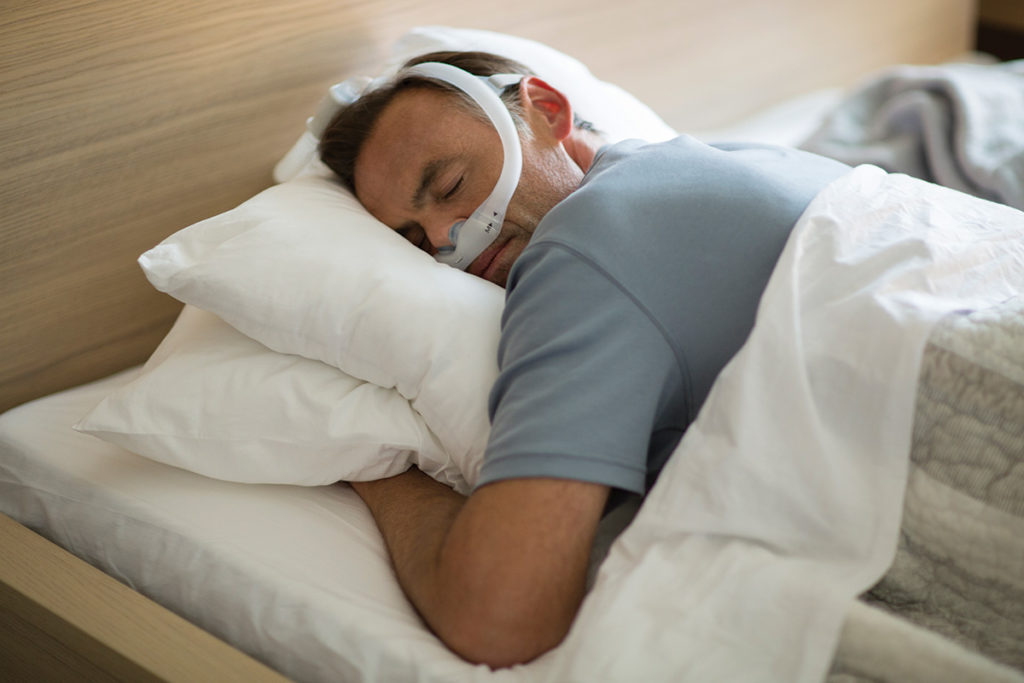Today is World Sleep Day! World Sleep Day is an annual event that aims to celebrate the benefits of a good and healthy night’s sleep, to draw attention to the issues of sleep problems, and to promote the prevention and management of sleep disorders. The slogan for World Sleep Day 2022 is Quality Sleep, Sound Mind, Happy World.
WHY IS SLEEP IMPORTANT?
It is believed that sleep problems impact 45% of the world’s population.
When we sleep well, we feel refreshed and alert for our daily activities. Sleep can affect how we look, feel, and perform and significantly impact our overall quality of life.
Everyone has experienced fatigue, a short temper, and a lack of focus that follow a poor night’s sleep. An occasional night of poor sleep will make you feel these effects and be tired and irritable the next day, but it won’t harm your health. However, continued lack of sleep makes the impact far more severe.
If your sleep is cut short, the body doesn’t have time to complete all the phases needed for muscle repair, memory consolidation, and the release of hormones regulating growth and appetite. We wake up less motivated and less prepared to concentrate, make decisions, or engage fully in work and social activities. You start to feel down and may also fall asleep during the day. Your risk of injury and accidents at home, work, and behind the wheel also increases. Lack of sleep can also affect your overall health and make you more prone to serious medical problems such as obesity, heart disease, high blood pressure, and diabetes.
TIPS FOR A GOOD NIGHT’S SLEEP
Both quantity and quality are essential to get the most out of our sleep. The average adult needs between seven to nine hours of uninterrupted sleep to leave their bodies and minds rejuvenated for the next day.
Sleep at regular times
A regular bedtime will help you wind down and prepare for bed, so the brain and your internal body clock get used to a set routine. Waking up at the same time every day also helps. You should work out what time you need to wake up in the morning and work backwards to identify an appropriate bedtime to allow at least seven hours of sleep.
Wind down before bed
Don’t do anything that stimulates your mind before going to bed. Try a warm bath or some relaxation exercises such as yoga. If you have things to remember, write them down to avoid worrying about them overnight. Reading a book or listening to music can also help with relaxation. Electronic gadgets should not be used before sleep or to read as the light they emit can disrupt a good night’s sleep.
Don’t drink caffeinated drinks before bed
Caffeine is a stimulant that has a disruptive effect on your sleep. Caffeine can stay in your system for up to six hours; therefore, it is recommended that you do not drink caffeine before going to bed, aim to consume your last caffeinated drink around the same time as your evening meal.
Make your bedroom sleep-friendly
Keep your bedroom for sleep only – so no TVs or other electronic gadgets. The bedroom should be kept dark and quiet and at a comfortable temperature. Investing in heavy curtains or black-out blinds, or even a sleep mask will keep out the light. Earplugs may be helpful to stop any noise. You should make sure that your mattress is comfortable.
Keep a sleep diary
A sleep diary could uncover lifestyle habits or daily activities contributing to your sleeplessness. A sleep diary can also reveal underlying conditions that explain your sleeplessness, such as stress and medication.
WHAT TO DO IF YOU ARE WORRIED ABOUT YOUR SLEEP
Contact your GP in the first instance. A sleep diary would help them diagnose your sleep problems and could help save time if you have already filled one in. Your GP may refer you to a sleep specialist.
If you are a clinician and looking to learn more about the range of sleep services we can offer here at Baywater Healthcare, please visit www.baywater.co.uk/clinicians-commissioners/our-therapies/sleep. If you would like to enquire, call us on 0845 6020776 or email [email protected]


